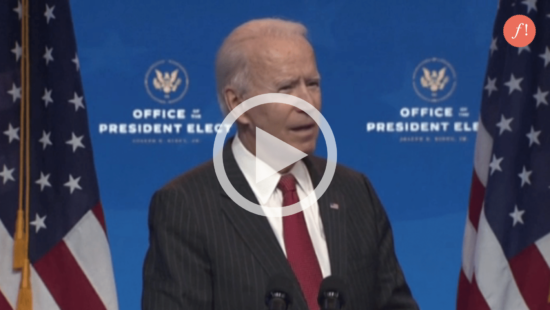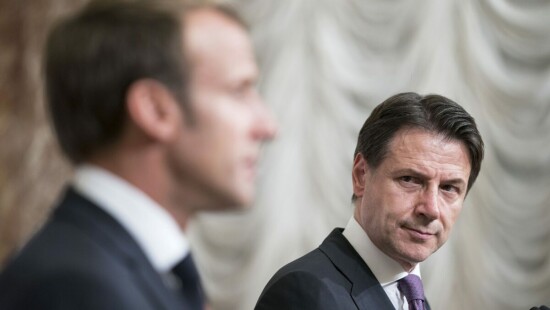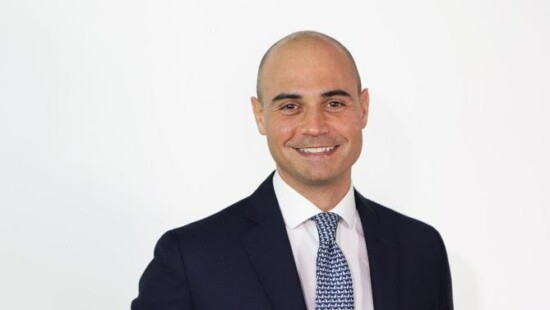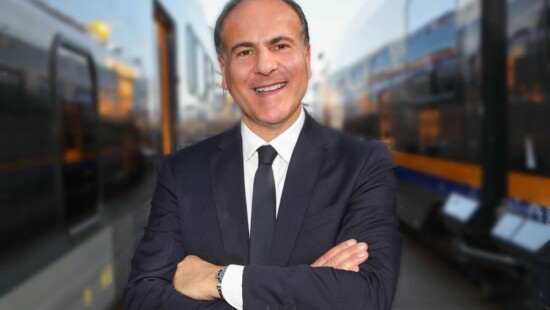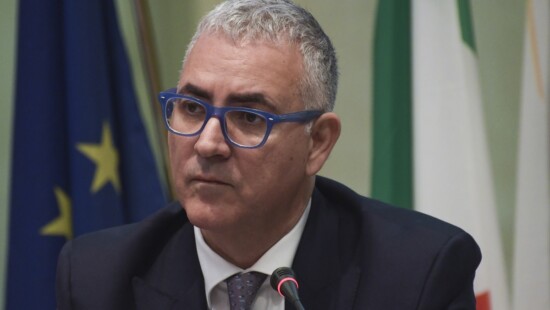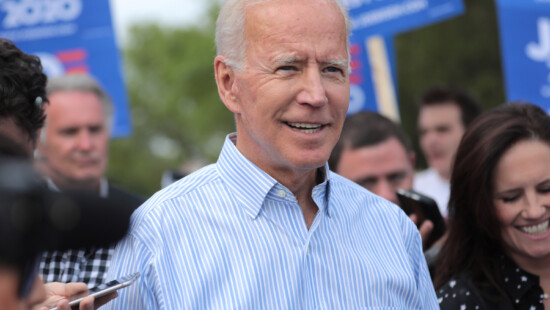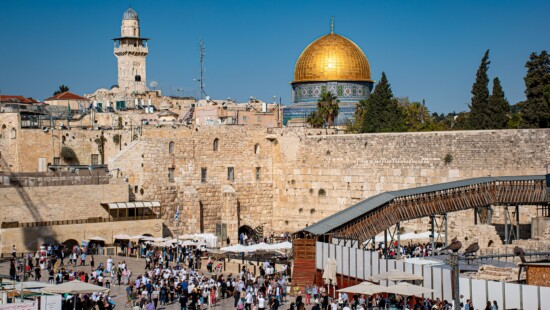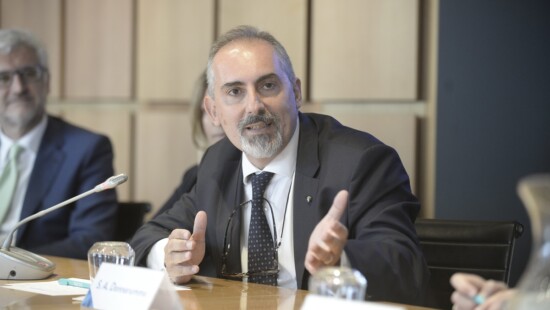Elezioni Usa, Biden: "Trump irresponsabile". Georgia conferma la vittoria [embedyt] https://www.youtube.com/watch?v=qQWcQow4eyI[/embedyt] Roma, 20 nov. (askanews) - Il presidente eletto degli Usa, Joe Biden, ha annunciato che si impegnerà a rientrare nell'Organizzazione mondiale della sanità e negli accordi per il clima di Parigi. Mentre su Donald Trump, che rifiuta di "concedere" la vittoria e tenta un'ultima disperata battaglia legale, ha detto:…
Archivi
Conte, il Cts e i medici di Molière. Il commento di Pennisi
Ove avesse studiato Molière, Conte affronterebbe meglio i rapporti con il Cts, specialmente in un momento in cui pensa ai problemi immediati della sua tenuta e a quelli delle elezioni future che non potranno non avere riflessi sulla sua traballante maggioranza. Il commento di Giuseppe Pennisi
Una rivoluzione sostenibile tra musica e impresa. Le parole di Enea Roveda CEO di LifeGate
Intervista a Enea Roveda, CEO di LifeGate, punto di riferimento della sostenibilità con una community di oltre 5 milioni di persone interessate e appassionate ai temi legati alla sostenibilità. LifeGate nasce nel 2000 dall’esperienza maturata dalla famiglia Roveda negli anni Ottanta con Fattoria Scaldasole, la prima azienda a entrare nella grande distribuzione con un prodotto biologico. In occasione del ventennale,…
Nuovi treni e investimenti, le FS di Gianfranco Battisti accelerano sulla sostenibilità
Il ruolo di Ferrovie dello Stato italiane per la costruzione di una mobilità sostenibile, con l’uso anche degli strumenti della finanza green
Sostenibilità vuol dire progresso (e Pil). Parola di Federmanager
Senza scelte etiche e rispettose non c’è futuro e soprattutto impresa. Per i manager italiani è ora di un salto di qualità. L’incontro dedicato ai valori della sostenibilità con Stefano Cuzzilla, Francesco Rutelli, Gennaro Vecchione, Marzio Galeotti
Così il 5G cambierà la Difesa italiana. Il dibattito della Fondazione Icsa
Caserme, aeroporti, poligoni, droni. La rete 5G cambierà volto e quotidianità alla Difesa italiana. Ma la rivoluzione è a 360° e chiede il lavoro di squadra di intelligence, imprese, pubbliche amministrazioni. Una road map nel dibattito fra esperti organizzato dalla Fondazione Icsa
Il riconteggio in Georgia conferma Biden ma Trump insiste
Trump schiera il suo team di legali e i parlamentari del Michigan per tentare di sbarrare la strada della Casa Bianca a Biden. Che intanto ha scelto il segretario al Tesoro: l’annuncio a breve, è scattato il totonomi
Israele, palestinesi e Iran. L’agenda Biden secondo Aaron David Miller
Aaron David Miller, ex funzionario Usa oggi senior fellow del Carnegie, ci spiega gli ultimi sviluppi in Medioriente: la visita di Pompeo negli insediamenti israeliani, la ripresa del dialogo, la disperazione palestinese e l’attesa bipartisan per l’amministrazione Biden
Gli errori da non commettere con Gaia-X. Scrive da Empoli (I-Com)
Il destino è anche nelle nostre mani. Spetta a noi aprire una nuova pagina dell’Europa digitale del futuro, basata su maggiori investimenti e una forte affermazione di regole e valori improntata a criteri di apertura, trasparenza e sicurezza. L’intervento di Stefano da Empoli, presidente dell’Istituto per la Competitività (I-Com)
Rinnovabili, rete e lavoro. Per Terna un piano industriale a trazione italiana
La società guidata da Stefano Donnnarumma presenta il piano industriale aggiornato al 2025. Investimenti a 9,2 miliardi, di cui 5,4 per la rete. Exploit della spesa per le infrastrutture italiane (+22%) e utile a un miliardo entro cinque anni. La Borsa gradisce




